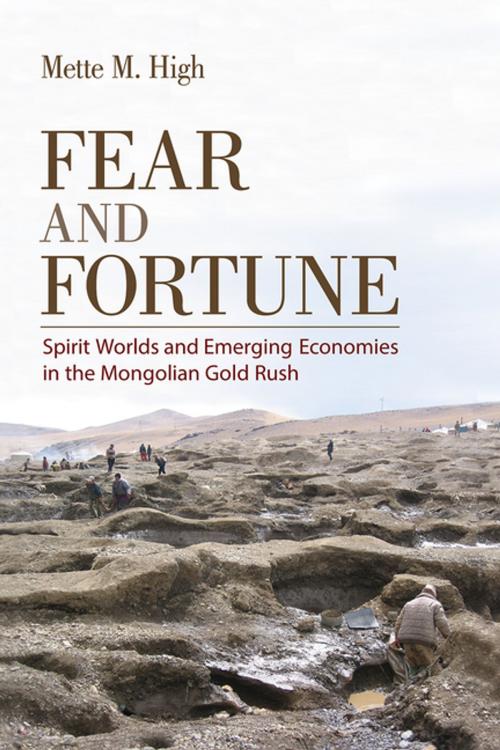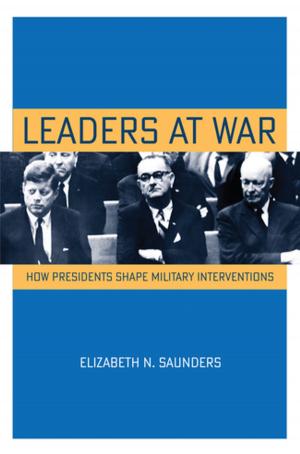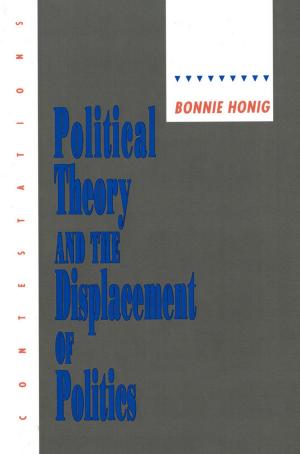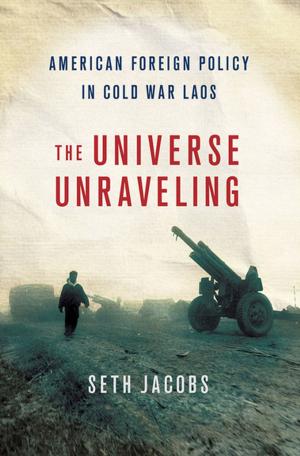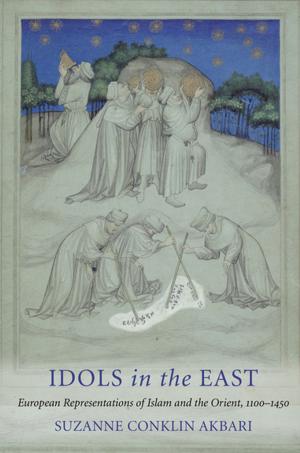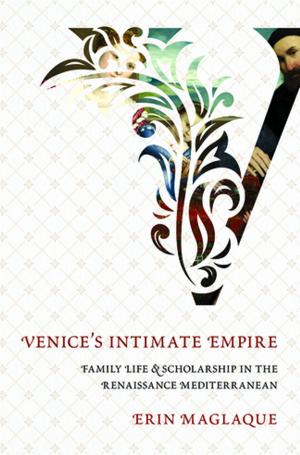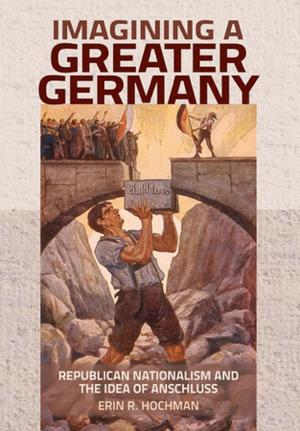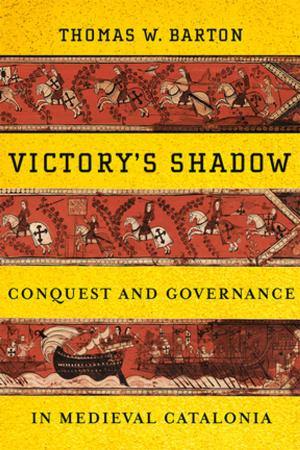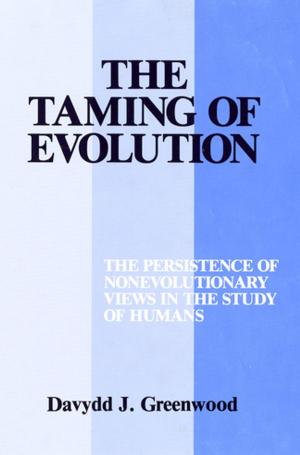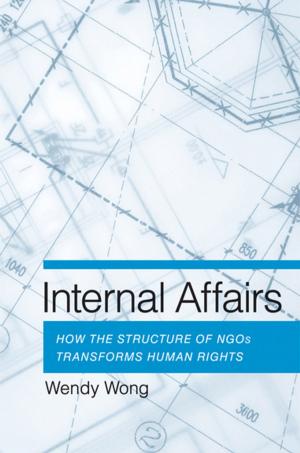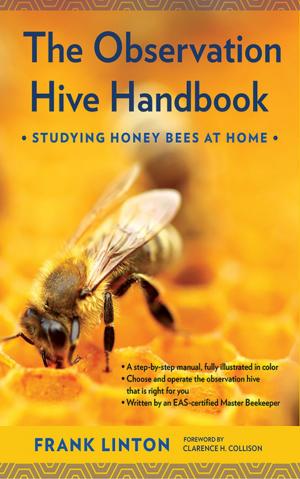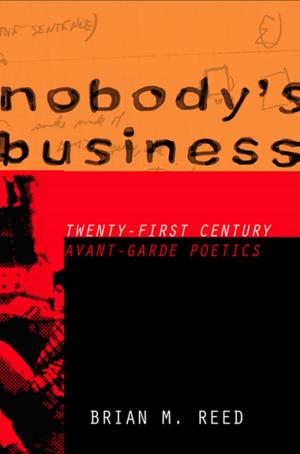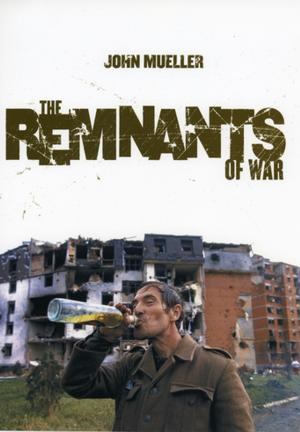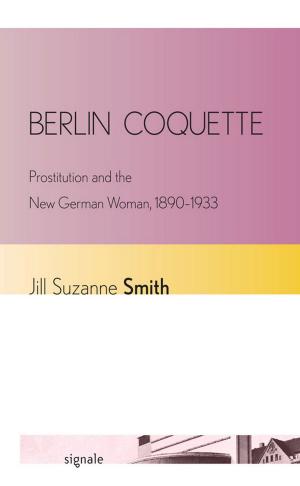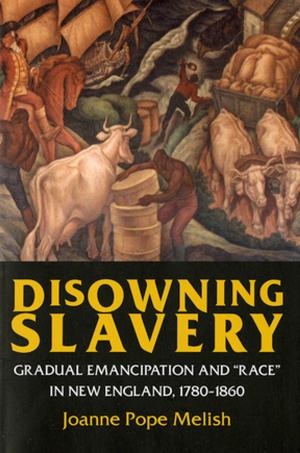Fear and Fortune
Spirit Worlds and Emerging Economies in the Mongolian Gold Rush
Nonfiction, History, Asian, Asia, Social & Cultural Studies, Social Science, Anthropology| Author: | Mette M. High | ISBN: | 9781501708114 |
| Publisher: | Cornell University Press | Publication: | May 9, 2017 |
| Imprint: | Cornell University Press | Language: | English |
| Author: | Mette M. High |
| ISBN: | 9781501708114 |
| Publisher: | Cornell University Press |
| Publication: | May 9, 2017 |
| Imprint: | Cornell University Press |
| Language: | English |
Mongolia over the last decade has seen a substantial and ongoing gold rush. The widespread mining of gold looks at first glance to be a blessing for a desperately poor and largely pastoralist country where people's lives were disrupted by the end of the USSR and tens of millions of livestock were killed in devastating droughts in the early 2000s. Volatility and uncertainty as well as political and economic turmoil led many people to join the hopeful search for gold. This activity, born out of uncertain times, poses an intense moral problem; in the "land of dust," disturbing the ground and extracting the precious metal is widely believed to have calamitous consequences. With gold retaining strong ties to the landscape and its many spirit beings, the fortune of the precious metal is inseparable from the fears that surround mining. Tracing the continuities and discontinuities between human and nonhuman worlds, Mette M. High follows the paths of gold as it is excavated and converted into "polluted money," entering local shops and Buddhist monasteries, joining the illegal gold trade, and returning as "renewed" money for the "big bosses" of the gold mines.
High has done several years of fieldwork in Mongolia, spending time with the "ninjas," as the miners are known locally, as well as the people who disapprove of their illegal activities and warn of the retribution that the land and its inhabitants may suffer as a result. This book is about radical change, or as many Mongolians put it, when life becomes "strange" and "chaotic." High has gained a deep understanding of the processes by which Mongolians square a morally questionable activity with the lure of profit. How do they involve themselves with tainted sources of money, and can it ever be cleansed and made usable? Addressing how our lives and those of others are intimately intertwined, Fear and Fortune offers an expansive and capacious approach to understanding the high stakes involved in human economic life.
Mongolia over the last decade has seen a substantial and ongoing gold rush. The widespread mining of gold looks at first glance to be a blessing for a desperately poor and largely pastoralist country where people's lives were disrupted by the end of the USSR and tens of millions of livestock were killed in devastating droughts in the early 2000s. Volatility and uncertainty as well as political and economic turmoil led many people to join the hopeful search for gold. This activity, born out of uncertain times, poses an intense moral problem; in the "land of dust," disturbing the ground and extracting the precious metal is widely believed to have calamitous consequences. With gold retaining strong ties to the landscape and its many spirit beings, the fortune of the precious metal is inseparable from the fears that surround mining. Tracing the continuities and discontinuities between human and nonhuman worlds, Mette M. High follows the paths of gold as it is excavated and converted into "polluted money," entering local shops and Buddhist monasteries, joining the illegal gold trade, and returning as "renewed" money for the "big bosses" of the gold mines.
High has done several years of fieldwork in Mongolia, spending time with the "ninjas," as the miners are known locally, as well as the people who disapprove of their illegal activities and warn of the retribution that the land and its inhabitants may suffer as a result. This book is about radical change, or as many Mongolians put it, when life becomes "strange" and "chaotic." High has gained a deep understanding of the processes by which Mongolians square a morally questionable activity with the lure of profit. How do they involve themselves with tainted sources of money, and can it ever be cleansed and made usable? Addressing how our lives and those of others are intimately intertwined, Fear and Fortune offers an expansive and capacious approach to understanding the high stakes involved in human economic life.
